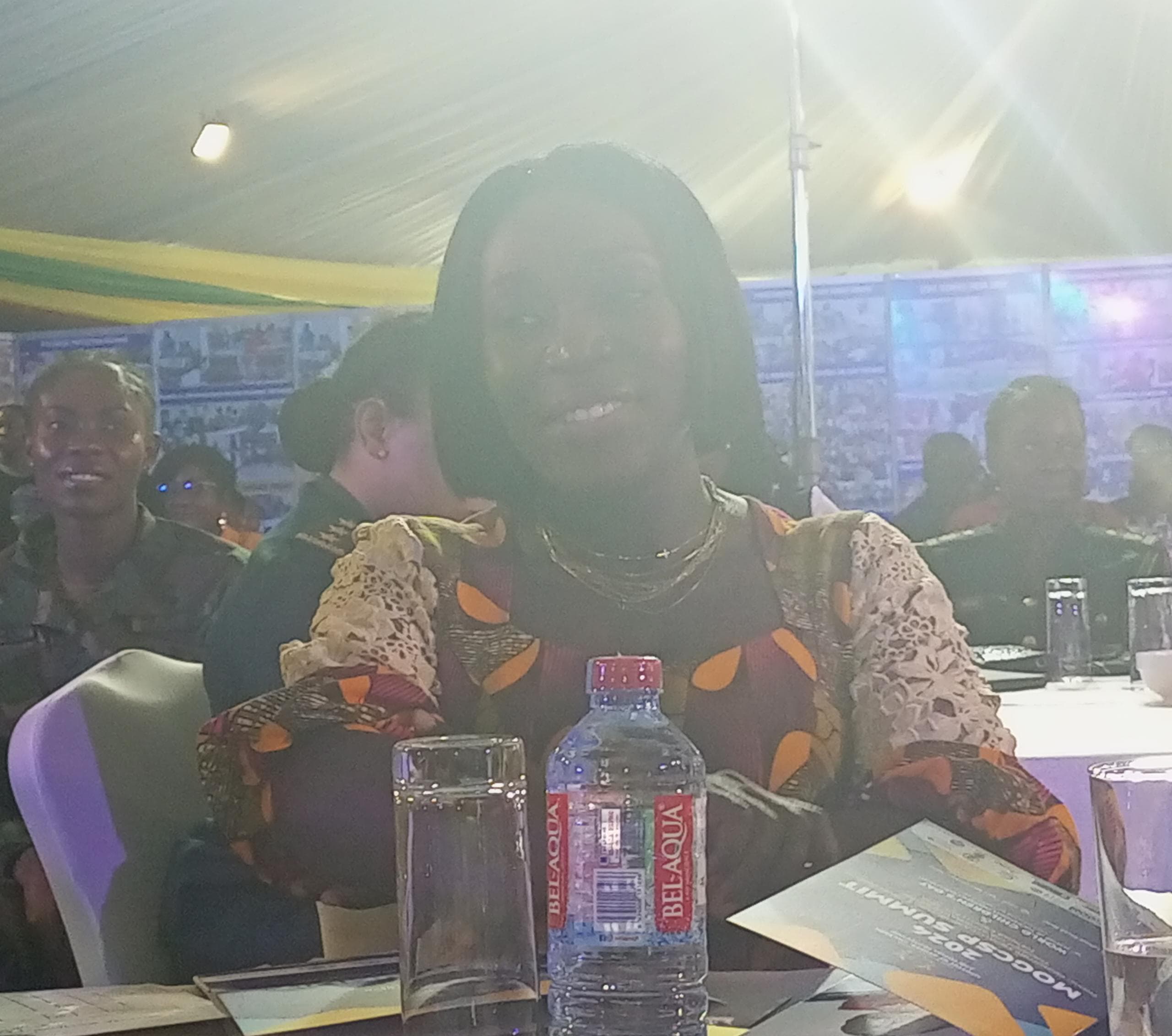adverts
38% of Ghanaian teen girls face sexual abuse—Gender Minister
The Minister for Gender, Children, and Social Protection, Hon. Darkoa Newman, has revealed alarming statistics on gender inequalities in Ghana.
Speaking at the 2024 Annual Summit on Thursday, November 21, she disclosed that 38% of adolescent girls aged 15-19 experience sexual abuse, and 20% of girls marry before 18, with rural areas leading the figures.
Highlighting the persistent gender disparities, she noted that Ghana ranks 108 out of 146 on the 2022 Gender Inequality Index. Senior high school enrolment rates further underscore this inequality, with only 39% of girls enrolled, compared to 45.6% of boys.
adverts
Hon. Darkoa Newman attributed these disparities to financial constraints, cultural practices, and early pregnancies, forcing many girls to drop out of school.
She emphasised the importance of ACT 1121, a critical framework aimed at bridging these gaps and ensuring equal access to opportunities for girls and young women.
The summit, themed “Promoting Equality and Inclusive Development through the Affirmative Action (Gender Equity) Act, 2024,” is a platform to explore the implementation of this transformative legislation. It seeks to address systemic disparities in education, employment, and leadership by fostering collaboration between government, civil society, and the private sector.
Hon. Darkoa Newman reiterated her commitment to creating an inclusive future:
“Together, we can build a Ghana where every vulnerable person, especially women and girls, has the opportunity to reach their full potential. The road to equality may be rough, but by working hand in hand, we will go far.”
The summit aims to raise awareness of the Affirmative Action Act 2024 while promoting strategies to integrate marginalised groups into leadership and decision-making roles.


